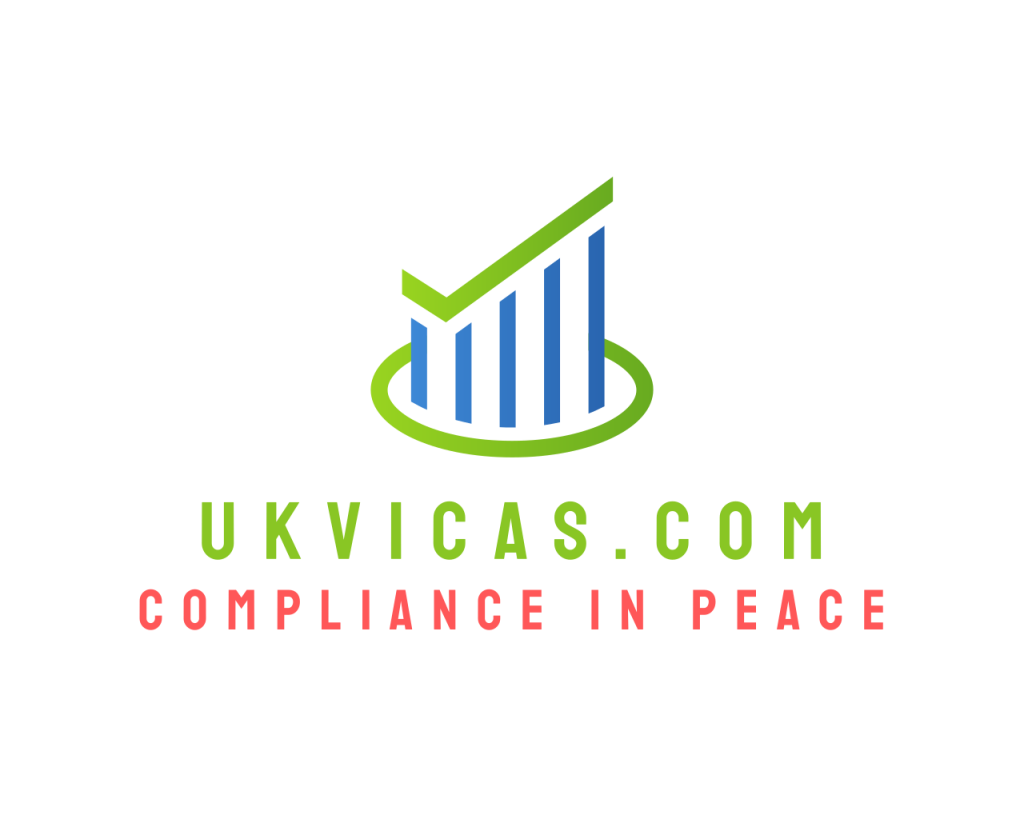Digital compliance audits (also called “desktop audits”) are remote inspections conducted by UK Visas and Immigration (UKVI). Instead of showing up at your office, the Home Office sends you a request to upload evidence through a secure portal — usually within 5–10 working days.
📊 Documents Commonly Requested:
- Right to Work checks and share code records
- Copies of sponsored employees’ passports and visas
- Employment contracts and job descriptions
- Payslips and proof of salary payments
- Recruitment records (job ads, interview notes)
- Absence and holiday records
- Appendix D documentation checklist
- SOC code used and rationale
- SMS logs and updates
- Proof of pension enrolment or opt-out
Audits may also involve virtual interviews with your Authorising Officer, Key Contact, or even sponsored employees.
⚠️ Why Are These Audits Increasing in 2025?
The UK government has:
- Stepped up enforcement after Brexit
- Introduced the Digital (Use and Access) Act 2025, empowering data-driven inspections
- Reduced tolerance for incomplete RTW checks or poor HR systems
🔎 Sponsors with poor record-keeping, unclear recruitment trails, or expired worker visas are being flagged more frequently.
Common audit triggers:
- Change of business ownership or address
- Requesting more Certificates of Sponsorship
- Worker complaints or tip-offs
- Operating in high-risk sectors (care, hospitality, construction)
- Licence renewal
🧰 Right to Work Checks: The Most Searched Compliance Topic
Employers are actively searching for clarity on RTW checks. Why? Because errors here can cost up to £60,000 per illegal worker.
🔹 Share Code Verification:
- Share codes must start with “W” and be valid (90-day expiry)
- Use https://www.gov.uk/view-right-to-work
- Always save the PDF result or screenshot with the photo, date, and code
🔹 Manual RTW Checks:
- For British or Irish citizens (original documents required)
- Must verify name, photo, and document legitimacy
🔹 What if Documents Are Missing?
- Use the Employer Checking Service (ECS)
- Get a Positive Verification Notice (valid 6 months)
📜 What the Home Office Expects from You
During a digital audit, UKVI expects you to:
- Upload requested evidence quickly and accurately
- Show structured HR policies and procedures
- Demonstrate Appendix D compliance
- Prove visa expiry is tracked and monitored
- Record RTW check date before employment starts
- Have SOC codes matched to real job roles
- Prove pension compliance
Sponsors who say “I store that in a diary” or “my accountant handles it” often fail.
🏦 6-Step Action Plan to Stay Audit-Ready
1. Conduct a Mock Audit
Test your records before the Home Office does. Review contracts, payslips, CoS, and absences.
2. Track Visa Expiry Dates
Never rely on spreadsheets. Automate reminders.
3. Log Absence and Leave
Know how many annual leave days a 20-hour/week worker gets. Record it.
4. Verify RTW Correctly
Log dates, store screenshots, keep everything for employment + 2 years.
5. Check Pension Enrolment
Auto-enrolment is not optional. Get opt-out forms or show deductions.
6. Use a Trusted Compliance Tool
UKVICAS helps over 200 sponsor licence holders centralise all of this. From visa expiry tracking to Appendix D storage, it’s built to make audits simple.
🌟 Final Thought
UKVI audits aren’t going away. If anything, they’re getting faster, stricter, and more data-driven. The best way to protect your business is to stay ahead.
If even one of the questions below made you pause, it’s time to act:
- Can I access all CoS and RTW documents in under 10 minutes?
- Do I have signed contracts, absence logs, and SOC codes on file?
- Have I reviewed sponsor guidance in the last 6 months?
Don’t leave it to chance.
📅 Register on UKVICAS today: www.ukvicas.com/register
Stay compliant. Stay confident. Stay ready.
